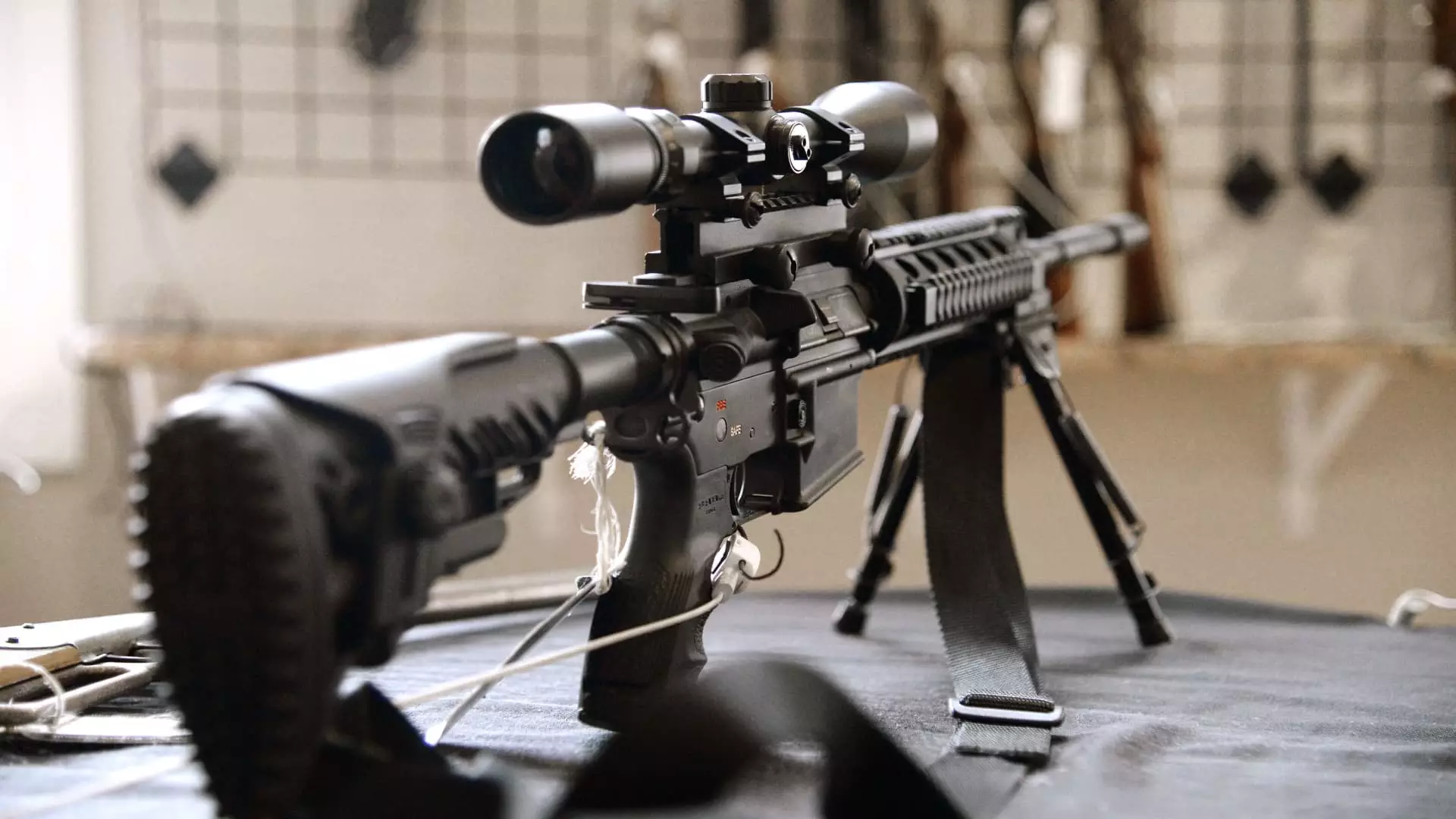Recently, the Rhode Island House, under the stewardship of the Democratic majority, passed a contentious law that seeks to ban the sale and manufacturing of a variety of semiautomatic rifles labeled as assault weapons. This move has stirred a whirlpool of debates and opinions, with the bill now sent to Governor Dan McKee’s desk, who has exhibited his support for such prohibitory measures. Proponents of the ban argue that this crucial step seeks to align Rhode Island with other states adopting similar precautions to prevent mass shootings—a legitimate fear, especially in a climate where gun violence is mercilessly rampant. Yet one must ponder whether this law signifies genuine progress or simply tokenism in the name of political correctness.
The Reality Behind the Rhetoric
Rhode Island, often regarded as a Democratic bastion, has been wrestling for over a decade with variable perspectives on gun control. Despite the overwhelming pressure from gun control advocates, there continues to be a lack of urgency among lawmakers. The approved bill only targets the commercial aspect of assault weapons, sidestepping the complicated issue of possession altogether. While the state may now join a handful of others in banning the sale of these weapons, the meager provisions can feel almost like a half-hearted attempt to quell public unrest rather than a thorough response to an emergency.
Opponents, notably from the Republican camp, make compelling arguments: that such a ban places undue burdens on law-abiding citizens rather than addressing the root causes of gun violence. The assertion that this law represents a genuine shift in public safety measures raises questions about effective governance. It begs us to reflect: is this legislation merely a façade to give the appearance of action while shying away from more extensive reforms?
Voices from Within the Movement
The commentary from within the gun control community reflects a palpable frustration with the Rhode Island legislation’s limitations. Notably, David Hogg—the Parkland school shooting survivor turned activist—disparages this proposed ban as perhaps the “weakest” of its kind in the nation. Hogg’s perspective emphasizes a growing consensus that true reform encompasses not only the ban on sale but also possession. Herein lies a critical disconnect: the legislation appears cursory to many who advocate for not just superficial steps but comprehensive reform targeting both possession and sales.
Meanwhile, supporters of this partial ban argue that it is at least a beginning—an incremental step in a broader fight to combat the violence that permeates American society. Representative Rebecca Kislak’s reflections during discussions of the bill evoke a dichotomous mindset. The call for action, even if perceived as insufficient, holds weight in a time when inaction breeds further despair and violence.
The Judicial Uncertainty Looming Ahead
As the proposed legislation awaits the Governor’s seal of approval, another pressing aspect cannot go unmentioned—the looming specter of judicial review. With a conservative majority in the Supreme Court, one must consider the likelihood that challenges to this legislation could arise, questioning its constitutionality under the auspices of the Second Amendment. This apprehension has been echoed by Republican legislators, who anticipate the inevitable conflict as an existential threat to the bill’s longevity and relevance.
Is this chronic indecisiveness regarding gun control policy what passes for governance in our modern political landscape? With mass shootings plaguing the nation, the apparent reluctance to fully embrace a more decisive and drastic approach may indeed signal an alarming trend of political paralysis at precisely the moment where proactive measures could save lives.
A Call for Cohesive Action
The frayed lines within the political discourse surrounding this legislation showcase a broader narrative about the American approach to gun violence. A simple ban focused on commercial sales, while beneficial, trivializes the multifaceted nature of the crisis. The time is now for more robust, comprehensive laws that unite rather than divide, ensuring that public safety eclipses partisanship. This pivotal moment in Rhode Island calls for courageous leadership and a bold new vision. The urgency of the moment begs for solutions that prioritize long-term safety over ephemeral political victories. Why pour energy into half-measures when full-scale reform could resonate powerfully across the state and beyond?


Leave a Reply